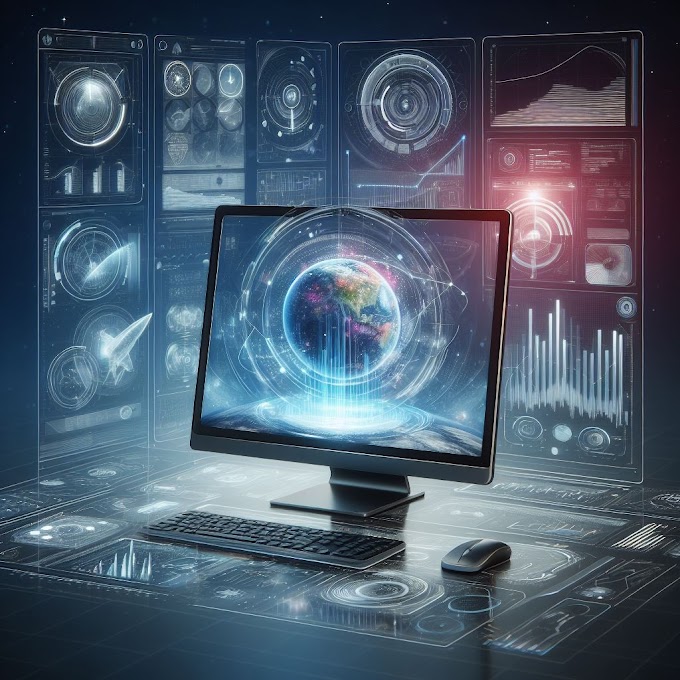Artificial Intelligence (AI) has become a transformative force in the healthcare industry, changing the way doctors diagnose, treat and manage people. With its ability to analyze big data, identify patterns and make predictions, AI has the potential to solve some of the most challenging problems facing global health. The integration of AI technology has revolutionized medicine today, from improving diagnostic accuracy to improving treatment planning and improving patient outcomes.
Diagnostic Accuracy:
One of the most important aspects of artificial intelligence in medicine is its ability to increase diagnostic accuracy. AI-powered algorithms can help radiologists and doctors identify abnormalities and early signs of disease by analyzing non-invasive medical images such as X-rays, MRIs and CT scans. In addition, artificial intelligence can detect changes and abnormalities in the human eye and provide early detection of diseases such as cancer, heart diseases and neuropathic pain.
Self-improvement:
Artificial intelligence can help improve health. in this situation. Patient information, medical history and genetic information. Using machine learning algorithms, doctors predict how patients will respond to certain treatments, allowing them to tailor interventions to improve outcomes and reduce adverse events. Additionally, AI-powered predictive analytics identify patients at high risk for certain diseases, enabling intervention and preventive care.
Telecare and Telemedicine:
The integration of telemedicine with mobile phones helps provide medical services beyond traditional medical facilities. Wearable smart devices can monitor vital signs, detect abnormalities, and instantly report health problems to doctors. Virtual health is also moving into care, helping people, especially in rural areas, find remote consultations, appointments and meetings.
Easier operation and better management:
Smart systems support business and improve health, allowing doctors to focus on patient care. Natural language processing (NLP) algorithms can process data, gather medical information, and extract important information from electronic health records (EHRs), allowing professionals to reduce patient attrition. It can improve the intelligence of the production process, resource allocation and management, and improve the efficiency and utilization of resources.
Ethical decisions and problems:
Although the benefits of treatment are many, it must be said that ethical decisions and problems are business and justice problems. Concerns about data privacy, security, algorithmic bias, and impact on the doctor-patient relationship should be carefully considered. Transparent governance and guidance is also needed to develop, deploy and manage the use of AI technology in healthcare and to measure innovations in human health and safety.
Conclusion:
Artificial intelligence has the potential to transform healthcare, improve patient outcomes and improve overall outcomes (health, wellness and development). By leveraging the power of AI to enhance clinical decision-making, improve outcomes, and personalize patient care, healthcare professionals can adapt to patients' changing needs and fears in a complex data-driven clinical environment. However, the ethical, regulatory and social impact of artificial intelligence needs to be addressed to ensure that technological development benefits from the principles of value, justice and patient care. As AI continues to evolve, its integration with healthcare has the potential to bring a new era of better treatment, preventive care, and health to people and the world.
KEYWORDS: Use of ai in the healthcare industry, how AI is helpful in healthcare, AI in healthcare, artificial intelligence is the future, artificial intelligence




.jpeg)

.jpeg)










